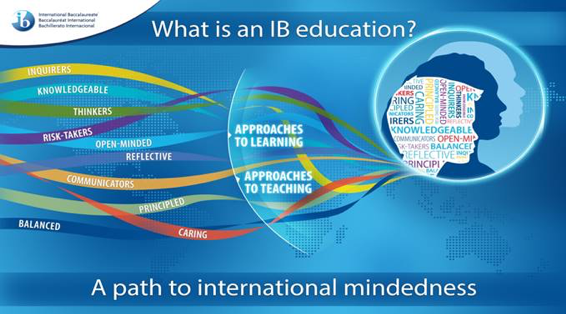

Grades will continue to be awarded on an A*-E scale. The mathematical content of many subjects has increased and assessment is intended to be more challenging. There will also be less coursework and fewer practical assessments under the new system, meaning that that exam revision becomes even more important. Under the new system, all A-level exams will take place at the end of Year 13, with no marks from A/S levels contributing to the overall final grade. Under the old system, students studied A/S levels in Year 12 and took exams in May/June which counted towards 50% of the overall A-level qualification. Reforms to A Levels have been underway since September 2016, resulting a fundamental change to how the programme is delivered. The EPQ is valued by universities and is often explicitly mentioned in university offers to pupils studying the A Level programme. The EPQ offers students the opportunity to complete a significant piece of self-directed research to encourage more critical, reflective and independent learning. The EPQ is optional for those taking four A Levels. The Extended QualificationĪll pupils taking three A Levels will also take an Extended Project Qualification (EPQ). One similarity between the IB Diploma and A Levels is that both qualifications are assessed by exams at the end of a two-year study period. Pass grades are A* (the top grade), followed by A, B, C, D and E. Students usually choose three or four subjects, and take two years to study for these A-levels between the ages of 16 and 18. Read more about the IB Diploma Programme here > A-LevelsĪ-Levels (short for Advanced levels) are UK national curriculum school-leaving qualifications that are taken by many students in the UK. The Theory of Knowledge asks students to reflect on the nature of knowledge Community, Action, Service (CAS) requires students to take part in a range of activities and projects such as music, sports or fundraising while the Extended Essay is an independent piece of research, culminating in a university-level 4,000-word paper. Importantly, the main aim of the DP Core is to broaden students’ education experiences and challenge their application of knowledge and skills. The maximum score achievable by any student is 45 points. To pass the IB Diploma requires a minimum score of 24 points (260 UCAS points), and the successful completion of the DP Core requirements which carry an additional 3 points. Each subject is graded on a scale of 1 (minimum) to 7 (maximum).


The six subject groups are Studies in Language and Literature, Language Acquisition, Individuals and Societies, Sciences, Mathematics, and the Arts. It offers a broad curriculum made up of six subject groups – students usually study three at a higher level and three at a standard level. The IB Diploma is an alternative to A Levels for students aged 16-18 and requires no specific preparatory classwork, so can be undertaken directly from GCSEs. What is the difference between the IB Diploma and A levels? IB Diploma Understanding the real differences between the IB Diploma and A Levels is key to being able to make the right choice. The IB Diploma and A Levels have spent decades trying to convince UK students that they each offer the best preparation for success at university.īoth have histories, and strong advocates in places of educational and political influence.


 0 kommentar(er)
0 kommentar(er)
